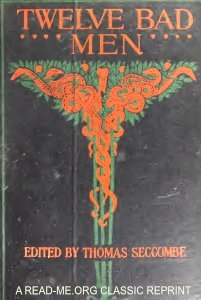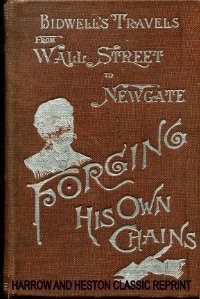By Malcolm Thomson
From Winston Churchill's speech made in the House of Commons on June 4th, 1940: “Even though large tracts of Europe and many old and famous States have fallen, or may fall, into the grip of the Gestapo and all the odious apparatus of Nazi rule, we shall not flag or fail, we shal go on ot the end, we shal fight in France, we shallfight on the seas and oceans, we shall fight with growing confidence and strength in the air, we shall defend our island whatever the cost may be, we shall fight on the beaches, we shall fight on the landing grounds, we shall fight in the fields and in the streets, we shall fight in the hills, we shall never surrender, and even if, which I do not for a moment believe, this island, or a large part of it, were subjugated and starving, then our Empire beyond the seas, armed and guarded by the British Fleet, would carry on the struggle until in God's good time the New World, with all its power and might, steps forth to the rescue and liberation of the Old.”
London. Odhams Press. 1945. 324p. USED BOOK. MAY CONTAIN MARK-UP.





















